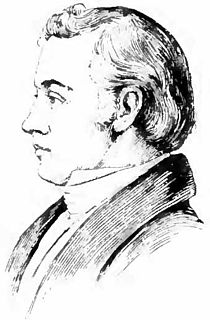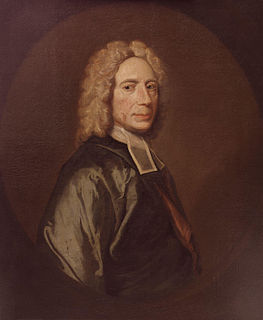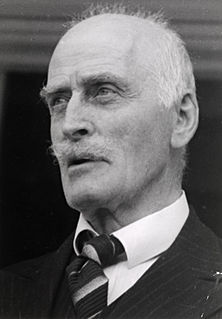A Quote by Georg Wilhelm Friedrich Hegel
To him who looks upon the world rationally, the world in its turn presents a rational aspect. The relation is mutual.
Related Quotes
I seem to be thinking rationally again in the style that is characteristic of scientists. However, this is not entirely a matter of joy, as if someone returned from physical disability to good physical health. One aspect of this is that rationality of thought imposes a limit on a person's concept of his relation to the cosmos.
In societies where modern conditions of productions prevail, all of life presents itself as an immense accumulation of spectacles. Everything that was directly lived has moved away into representation. The images detached from every aspect of life fuse in a common stream in which the unity of this life can no longer be re-established. Reality considered partially unfolds, in its own general unity as a pseudo-world apart, an object of mere contemplation . . . The spectacle is not a collection of images, but a social relation among people, mediated by images.
In this acausal world, scientists are helpless. Their predictions become postdictions- Their equations become justifications, their logic, illogic. Scientists turn reckless and mutter like gamblers who cannot stop betting. Scientists are buffoons, not because they are rational but because the cosmos is irrational. Or perhaps it is not because the cosmos is irrational but because they are rational. Who can say which, in an acausal world?
As medium for reaching understanding, speech acts serve: a) to establish and renew interpersonal relations, whereby the speaker takes up a relation to something in the world of legitimate social orders; b) to represent states and events, whereby the speaker takes up a relation to something in the world of existing states of affairs; c) to manifest experiences that is, to represent oneself- whereby the speaker takes up a relation to something in the subjective world to which he has privileged access.
But now the world breaks in on us, the world is shocked, the world looks upon our idyll as madness. The world maintains that no rational man or woman would have chosen this way of life - therefore, it is madness. Alone I confront them and tell them that nothing could be saner or truer! What do people really know about life? We fall in line, follow the pattern established by our mentors. Everything is based on assumptions; even time, space, motion, matter are nothing but supposition. The world has no new knowledge to impart; it merely accepts what is there.
The world always looks straights ahead; as for me, I turn my gaze inward, I fix it there and keep it busy. Everyone looks in front of him: as for me, I look inside me: I have no business but with myself; I continually observe myself, I take stock of myself, I taste myself. Others...they always go forward; as for me, I roll about in myself.






































